Peaceful Uses of Nuclear Energy: Position Statements, Joint Statements, Speeches, Declaration, Agreement, Statements and Discussion Papers
Synopsis
A civil nuclear energy renaissance is underway at present. Governments worldwide are reconsidering the role of nuclear power for generation of electricity due to growing energy demand, pressures and obligation to reduce greenhouse gas emissions and rising oil prices, among other things. Public and political opposition to nuclear power is also decreasing because of the growing awareness about its benefits. In 2005, India’s Prime Minister, Dr. Manmohan Singh, and U.S. President, George W. Bush envisaged the Indo-U.S. civil nuclear deal to develop India’s civilian nuclear energy program to meet its growing energy demands in a cleaner and more efficient manner. The signing of the 123 Agreement (Agreement for Cooperation Concerning Peaceful Uses of Nuclear Energy) by India and U.S. in October 2008 is thus an epochal event despite uncertainties of the global future, permanently etching a mark on Indo-U.S. relations. The fruits of this Agreement are already evident with India having inked MOUs for nuclear reactors with France and Russia. Uranium supplies are being offered by a number of countries and India has already signed agreements with France, U.K., Russia, Kazakhstan, Canada, Argentina, Namibia and Mongolia for supply of nuclear fuel. India has also enacted The Civil Liability for Nuclear Damage Act to open up the country’s $150 billion nuclear power market. Harnessing nuclear energy for peaceful purposes is coming up in a big way in India in the near future. The book contains a comprehensive Introduction highlighting the current energy scenario in India and the need to develop nuclear energy for peaceful purposes. It presents a set of valuable documents, statements and speeches on the topic by eminent international personalities. It will be useful to the students and teachers of defence studies, international law, policymakers, parliamentarians and those concerned with nuclear technology and development of nuclear energy in India.
Read more
50.40
45.36
$
56.00 $
Free delivery Wolrdwidе in 10-18 days
Ships in 1-2 days from New Delhi
Membership for 1 Year $35.00
Get it now and save 10%
Get it now and save 10%
BECOME A MEMBER
Books by the same authors
-
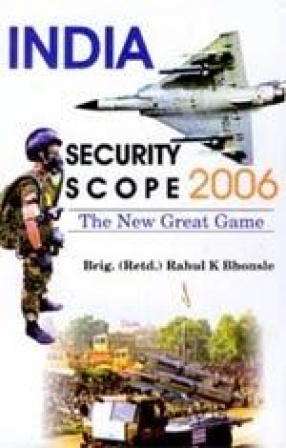
India-Security Scope 2006: The New Great Game
-
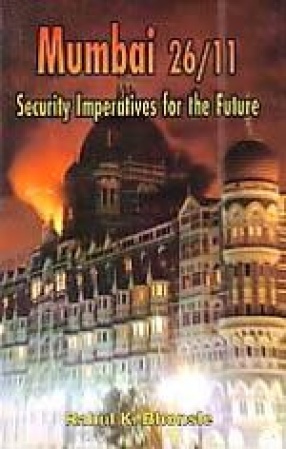
Mumbai 26/11: Security Imperatives for the Future
-
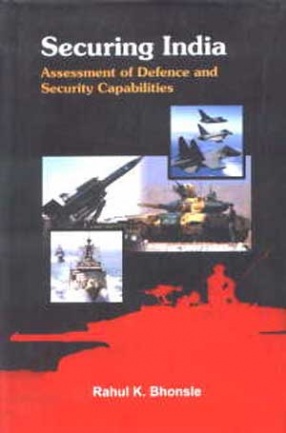
Securing India: Assessment of the Defence and Security Capabilities
-
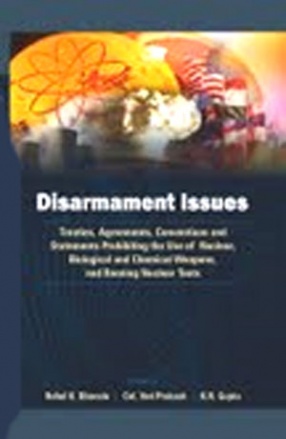
Disarmament Issues (In 2 Volumes)
-

Indian Valerianaceae: A Monograph on Medicinally Important Family
-
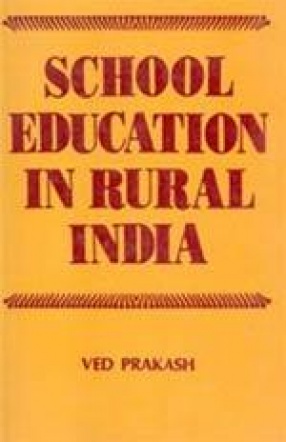
School Education in Rural India
-
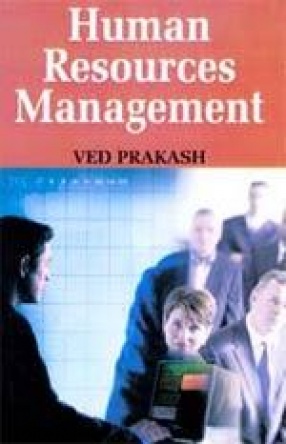
Human Resources Management
-
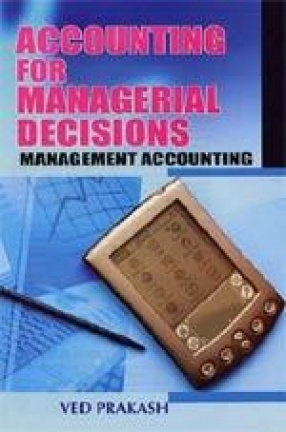
Accounting for Managerial Decisions: Management Accounting
-
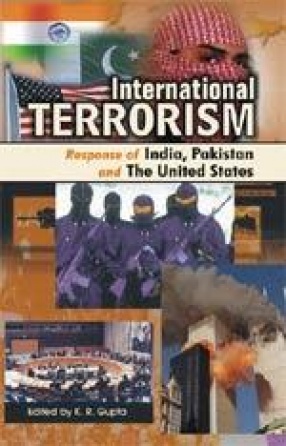
International Terrorism: Response of India, Pakistan and The United States (Vol. V)
-
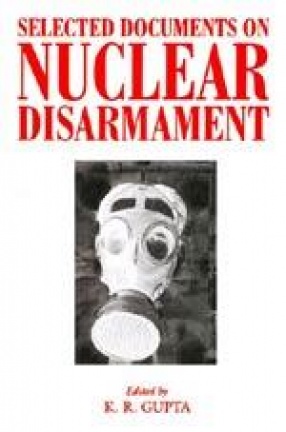
Selected Documents on Nuclear Disarmament (In 2 Volumes)
-
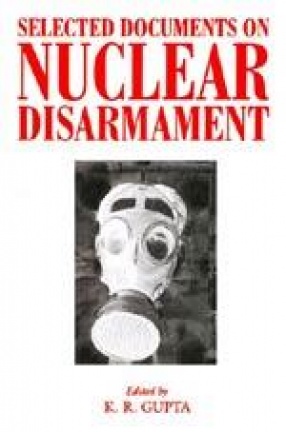
Selected Documents on Nuclear Disarmament: (Vol. III)
-
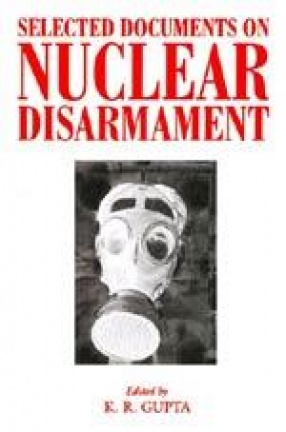
Selected Documents on Nuclear Disarmament: (Vol. IV)

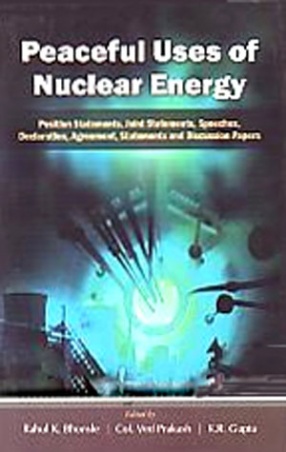
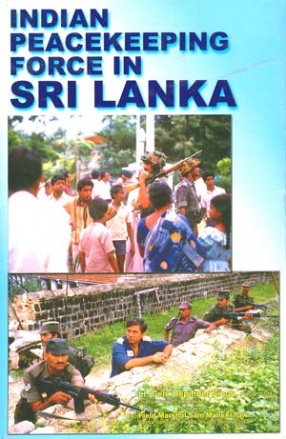
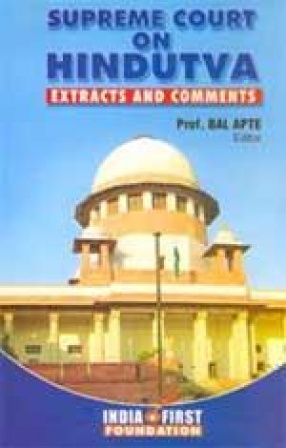



Bibliographic information
Ved Prakash
K R Gupta